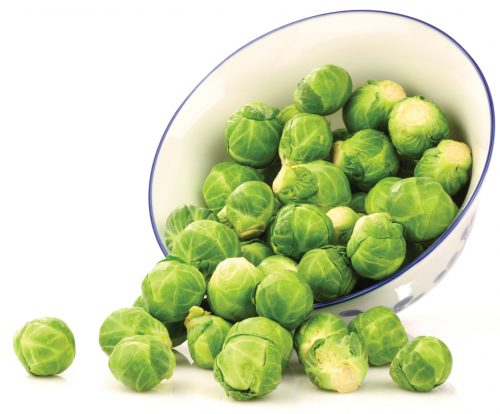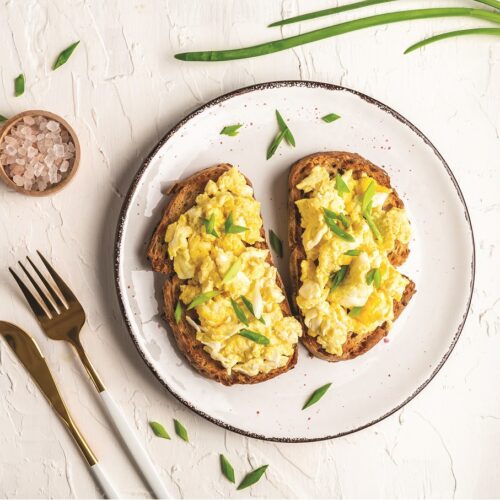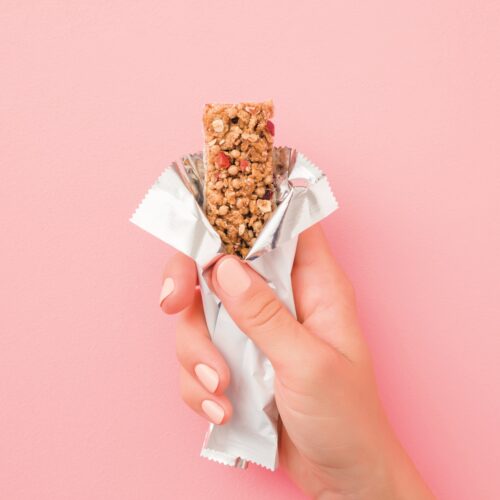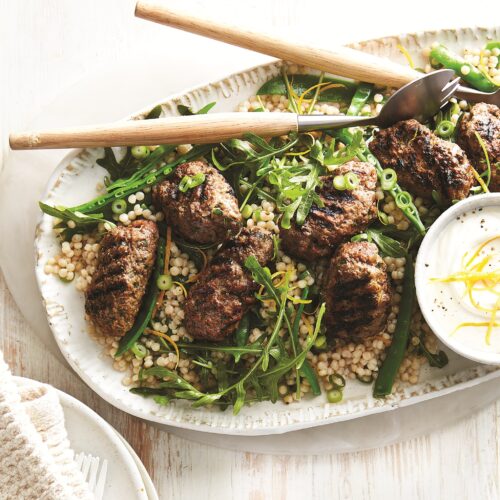
Once the vegetable that we all loved to hate, Brussels sprouts are enjoying rising popularity as foodies and chefs find new and delicious ways to prepare these nutrient powerhouses.
Buying
Select plump, bright-green sprouts with tightly packed leaves and no signs of wilting (the smaller, the sweeter). Sprouts still attached to their stalk will keep fresh for longer, and similar-sized ones will make for even cooking. Look out for red Brussels sprouts, too.
Storing
Store in a plastic bag in the fridge, leaving the sprouts on the stalk until you need them.
Nutrition
Brussels sprouts are a good source of vitamin C and folate, which are important for a healthy immune system. They are also a source of potassium, fibre for bowel health, and niacin and vitamin B6, which can help reduce fatigue.
Using
This versatile vegetable can be boiled, steamed, stir-fried, grilled or roasted — just be sure not to overcook them as they will turn mushy and develop the strong taste and smell that some dislike.
- Remove yellow or damaged leaves and trim the stem before use.
- Roast whole with olive oil, salt and pepper for tender, sweet sprouts with crispy outer leaves. Add chillies for extra zing!
- Shred sprouts to eat raw in a salad. Mix with lemon juice , lemon zest, mustard, shallots, pine nuts, grated hard-boiled eggs, olive oil and some parmesan cheese for a tasty side perfect with roasts or BBQs.
- For a quick side dish, sauté thickly sliced sprouts with a little oil, garlic, squeeze of lemon juice and season.
- Jazz up mashed potatoes with quick-blanched shredded sprouts for added texture and nutrients.
Did you know? Brussels sprouts are named for Brussels, the capital of Belgium, where they are thought to have been first cultivated in their modern form.
www.healthyfood.com










